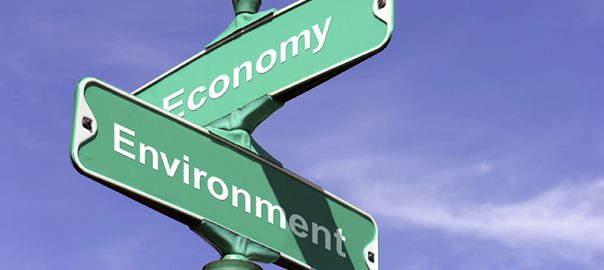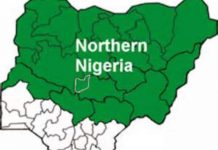The UK is ready to work with Nigeria towards strengthening bilateral collaboration on environmental safety.
I would like to thank the Nigeria Environmental Society (NES) for hosting this event and for inviting me to give a short goodwill address today. My name is Paul Arkwright, and I am the British High Commissioner to Nigeria. I am going to share some thoughts on the theme of sustainable development and stakeholders’ participation in the green economy and how these relate to our environment.
Before I came to Nigeria, I was the UK’s Director for multilateral policy and so responsible for overseeing our input to and negotiation of the Sustainable Development Goals. The agreement to the SDGs was a truly significant moment. Seven of those Goals are designed to support the protection of the environment and green economic growth. Failure to act to support these goals could lead to significant and dangerous effects globally, even the extinction of the human race.
I believe we can do more to support growth and innovation in a new global green economy. Nigeria needs to be part of that positive agenda, and the global green economy, weakening its dependence on oil and strengthening its green industry. I firmly believe this is an area where we should look to strengthen our bilateral collaboration. This requires us to be innovative and to support research that can help to improve social and environmental safety. The UK and Nigeria are well-placed to do this together.
But first let’s talk about the risks. According to the 2011 Climate Change Vulnerability Index (CCVI) published by the UK-based risk company Maplecroft, climate change could result in a loss in GDP in Nigeria of between 6% and 30% by 2050, worth an estimated 100 to 460 billion US dollars. According to reports commissioned by the UK’s Department for International Development, if no adaptation is implemented, between 2-11% of Nigeria’s GDP could potentially be lost by 2020.
In addition to the global climate risks, there are immediate local impacts of the carbon economy in Nigeria. The 2011 UN Environment Programme (UNEP) report outlining the findings of an independent and comprehensive study of oil pollution in Ogoniland in Nigeria concluded that there were high levels of pollution exposing local communities to contaminated groundwater and soil.
So I commend the President Buhari and the Honourable Minister for the launch of the clean-up of Ogoniland in June, and we are aware one billion dollars has been committed by international oil companies to this oil clean-up exercise. We hope and expect that these funds will boost employment and drive development among Ogoniland communities devastated by contamination from spills.
In the UK’s bid to ensure a safe and secure environment, our Department for International Development (DFID) runs a £14 million Facility for Oil Sector Transparency and Reform project to reduce the many incentives for misuse of power and capture of oil revenues in Nigeria. In part it also attempts to help address the environmental challenges in the Niger Delta.







